What is the fastest way to relieve a child’s cough?
Children under five frequently get colds and coughs. Kids’ immunological systems are developed through contact with pathogens and their ability to combat them. Your child can get the relaxation they require to heal if you help them feel calm and alleviate their symptoms.
Typically, a cough lasts for two weeks. Common viruses that are not treatable are the cause of many coughs. The recommended course of action is to provide comfort measures at home unless the cough is severe or accompanied by other significant symptoms.
The goal of cough treatment should be to keep your child hydrated, calm, and well-rested. The coughing itself is not important to try to stop. Pay close attention to your child’s coughing to help you choose the appropriate treatment so that You can explain the cough to a doctor clearly.
Chest cough that is quite deep, the cause is probably mucus in the airways. Upper throat coughing with a tight fit, It could be brought on by an infection and laryngeal edema (voice box). light cough and sniffling Your youngster may have a post-nasal drip coming from the back of his or her throat.
You might turn to over-the-counter (OTC) medications when your toddler has a cough or cold to relieve their discomfort. But you can’t do that with infants or young children under the age of 3. Children under the age of two may experience major side effects, including life-threatening ones, from cough and cold medications that are safe for adults. Try these remedies if your baby or toddler is coughing or sniffling.
How to stop a constant cough in a child
1. Test out saline drops
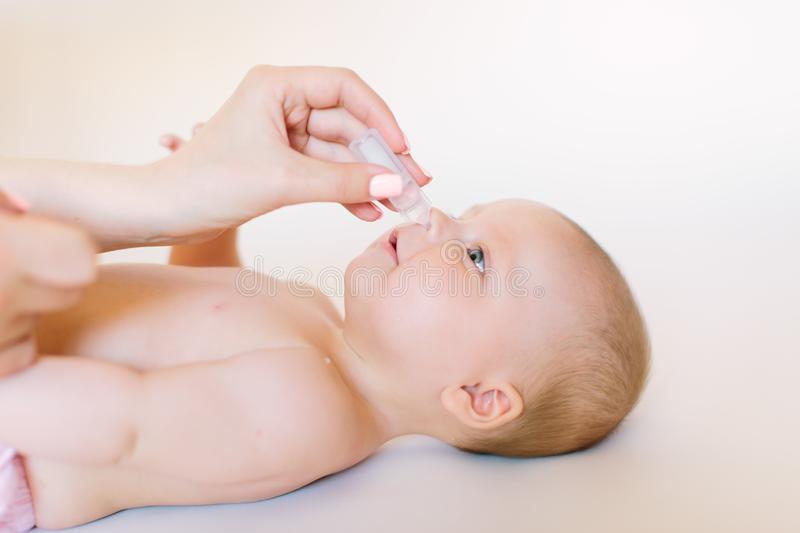
A stuffy nose might make it difficult for your child to breathe, sleep, or eat. Saline nasal drops can help people with thick nasal mucus and enlarged airways by shrinking them. Use them only two or three times each day; any more could result in a sore nose. Congestion can be relieved by using nasal saline gel.
Your child’s nasal mucus may be simpler to clean using saline drops. Use a suction bulb or nasal aspirator on infants. if your child is capable of blowing their nose with your assistance. See special guide for how to use saline drops.
2. Drink more liquids
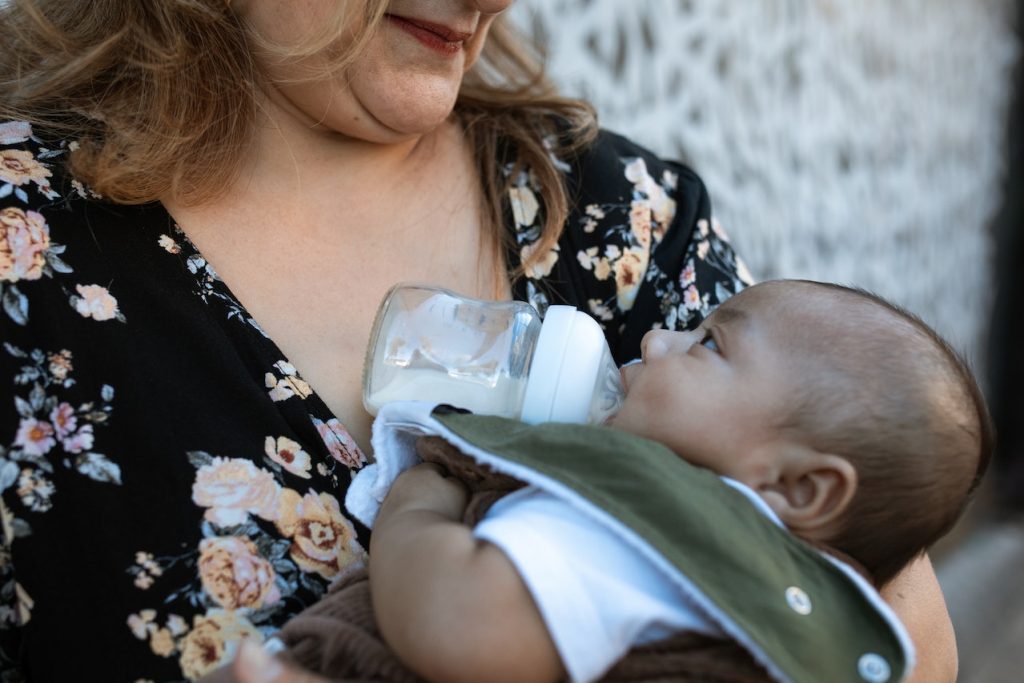
Give your youngster more liquids than usual when they’re not feeling well. Extra fluids can thin their mucus, which will make their nose feel less congested and make it easier for them to cough up all that gunk.
Most liquids, including milk, lemonade, and water, are OK. A painful throat might be relieved by drinking warm drinks like orange juice or chicken soup. To prevent burns, make sure they’re warm rather than hot. Popsicles or an oral rehydration drink like Pedialyte are other options.
Water or juice should not be given to infants under the age of six months. However, you might provide more milk than usual for colds or coughing.
3. Provide some honey
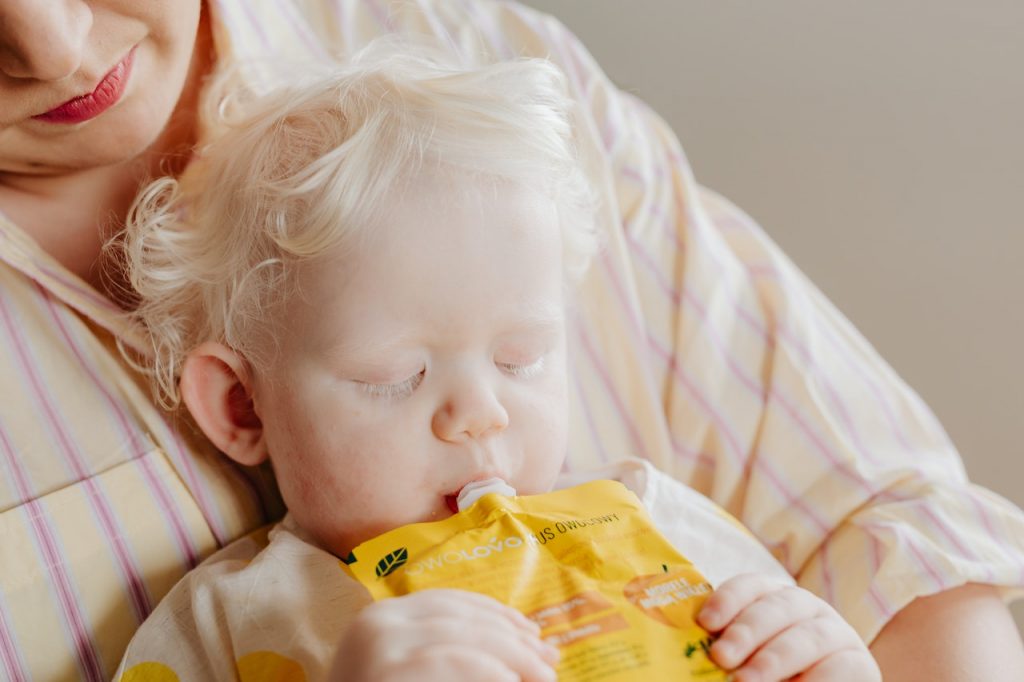
It relieves coughs and sore throats. For kids, it might even be more effective than over-the-counter cough medications. Before bedtime, give your youngster half a teaspoon of honey. However, never give it to a baby who is under a year old. It may seriously harm them.
4. Employ a humidifier
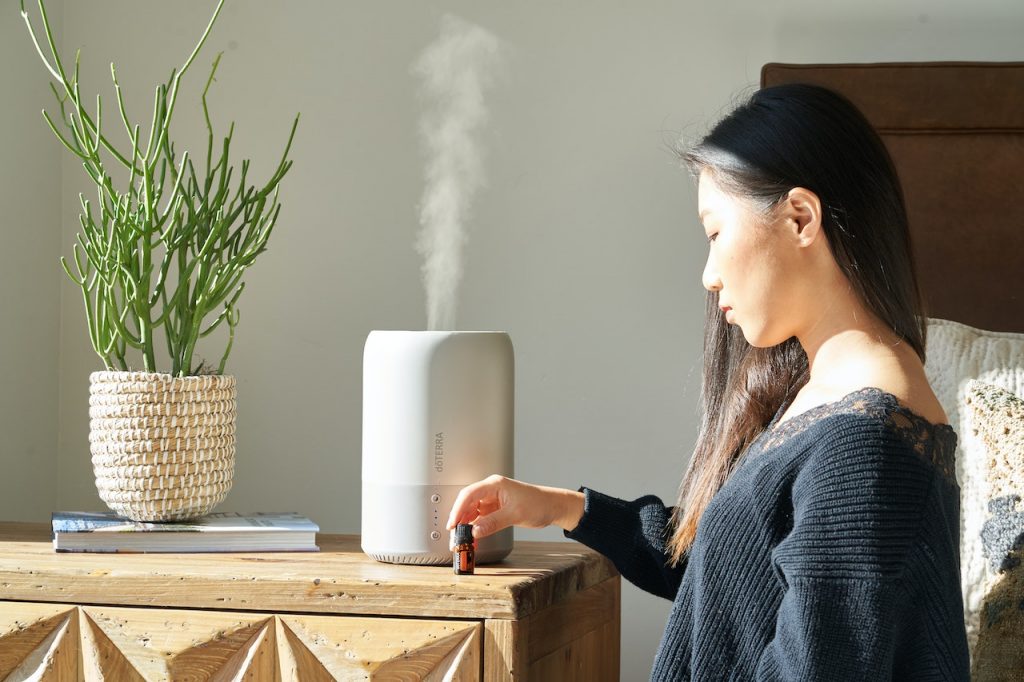
Place a humidifier in your child’s bedroom when they sleep since moisture in the air makes breathing easier. Devices that emit cool mist rather than steam are healthier. To avoid mold, follow the cleaning directions on the appliance. Some coughs and colds are accompanied by a little fever. Use water to lower their temperature if your infant or toddler has a fever.
5. Serve simple-to-digest foods
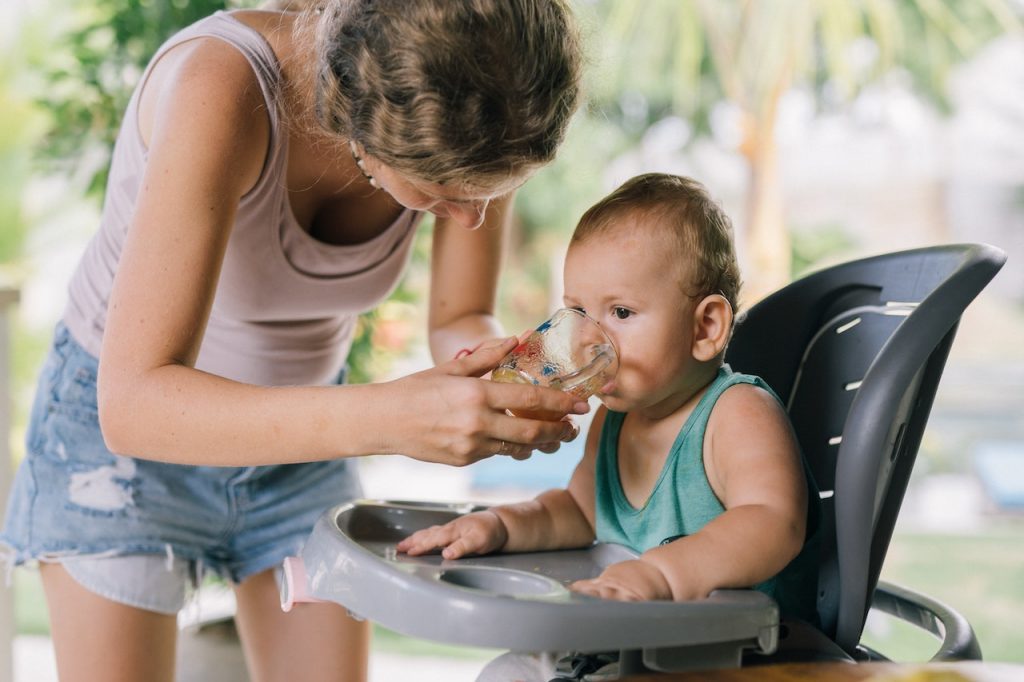
Children as young as babies who have scratchy, itchy throats frequently refuse to eat because it stings to chew. Feed them things that are simpler to digest. It’s possible that newborns and toddlers who eat solids favor soft, silky meals. Try custard, dairy, fruity gelatin, milkshakes, ice pies, or oatmeal. Try fresh dessert or chicken broth if they like warmer dishes.
6. When your baby is napping, raise their head.
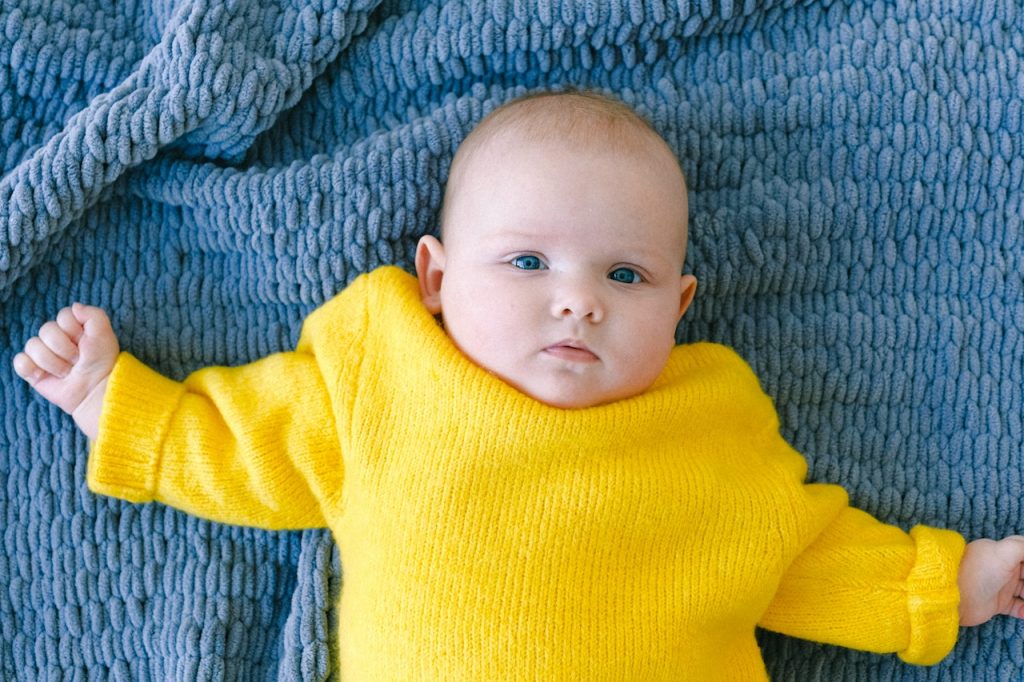
Underneath one and a half years old, babies shouldn’t be allowed to sleep with any comforters. It might be challenging to get your elderly toddler to stay with their head on one or more pillows, specifically if they have a tendency to move about a lot when they’re asleep.
Try raising one end of the mattress as an alternative to using pillows in the crib or bed to support your toddler’s head. To achieve this, place a towel that has been wrapped up underneath the end of the mattress where your child’s head sits. However, before doing this, with your child’s doctor.
7. Take a brisk air stroll.

If the weather is chilly, You might try this home cure, which relieves cough symptoms by utilizing the benefits of exercise and fresh air. If it’s freezing outdoors, wrap your kid up for a short stroll that lasts no longer than a few minutes. Although you don’t want to overexert your kid, there are several anecdotal reports of this alleviating coughs and cutting the duration of a cold.
If your infant wakes in the depths of the night with a coughing fit, some parents even consider opening the freezer door and putting them in front of it for a few minutes.
8. Use vapor rubs
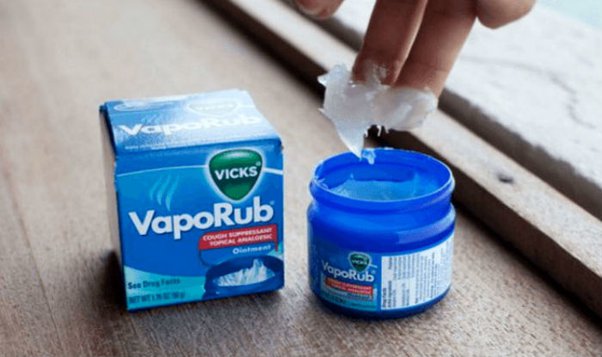
For years, caregivers have applied this balm to kids’ feet and chests.
It’s debatable if menthol-containing vapor rubs are advantageous.
According to one study, it can even lead to more mucus, which can seriously obstruct a toddler’s airways. Prior to using any vapor rub, see your pediatrician. If you decide to use a vapor rub, putting it on your kid’s feet may be preferable to put it on their chest where they could touch it and get it in their eyeballs as toddlers are prone to do.
Don’t ever use vapor rub on a kid’s mouth or beneath their nose, or use it on babies under the age of two.
9. Utilize essential oils.

These herbal products are becoming more and more popular, and when applied topically or diffused into the air, some of them may be useful for reducing coughing or relieving aches and pains. But before using essential oils, always consult your doctor. Not all oils are suitable for young children.
Do you have any medicine for a cold?
Toddlers and children under six should not use cough medication. Additionally, it is dangerous for young children, and it typically has little effect on their symptoms. Any medication used in combination to address more than one symptom is likely to cause children to have greater negative effects and an increased risk of overdosing. Due to the risk of swallowing, only give cough drops to kids older than four. You might try a natural cough remedy for kids over one using honey dissolved in warm water and lemon juice.
Medical interventions
If your child has a cough, you might occasionally need to take them to the doctor. An antibiotic to reduce inflammation may be prescribed by your child’s pediatrician if they have croup. Typically, the cough gets worse at night. Antibiotics can be administered to even very little ones and are most effective when administered immediately.
Your physician might recommend antibiotics if they find that your youngster has a bacterial infection. Provide your child with the complete course of medication; do not stop medications once the signs have subsided.
Summary
Contact your child’s physician’s office if you’ve been managing your child’s cough at home for a few nights and it’s becoming worse. The on-call medic can suggest additional treatments.
Toddlers frequently experience coughing, which can linger for weeks. Although coughs may sound terrible and might keep a kid from sleeping, except your child is having breathing problems or is severely ill, coughs can usually be treated at home.
Now that you’ve learned what to do for a baby with a cough at night, feel free to share with other parents and do not forget to share your experiences with us using the comment box below.
